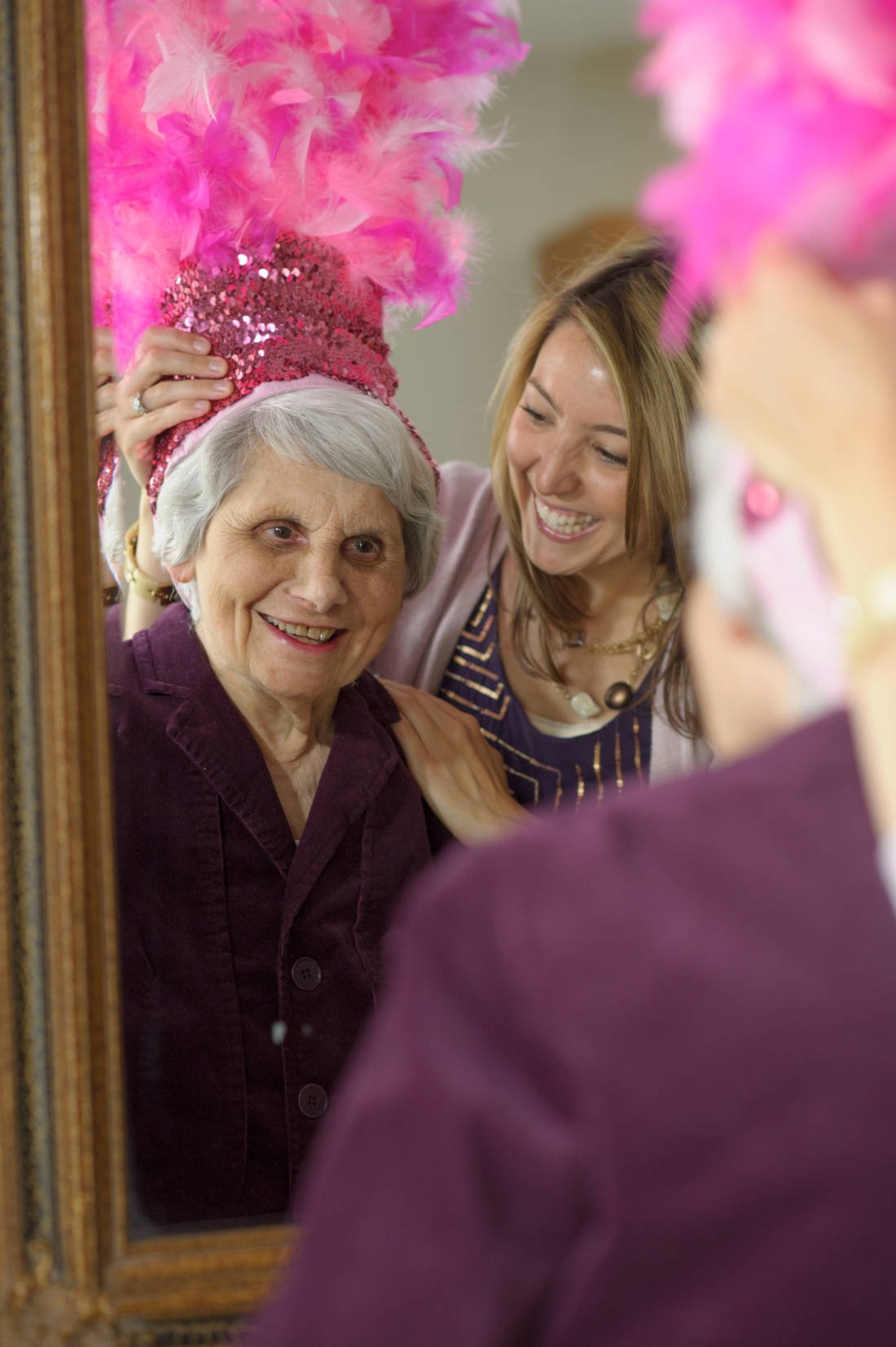 Dealing with tragedy can be especially difficult for your aging loved one. For many older adults, loss becomes frighteningly more common throughout the aging process.
Dealing with tragedy can be especially difficult for your aging loved one. For many older adults, loss becomes frighteningly more common throughout the aging process.
Whether it be the loss of a spouse, a child or sibling, a good friend, or even a pet, these circumstances can weigh heavily on your loved one for several months.
Depression is a close companion of loss. As a caregiver, watching your loved one deal with these tragic situations and fall into depression can be overwhelming, especially when you share in their loss.
To help your loved one work through grief, here are some practical tips to offer support, empathy, and patience.
Grief and Older Adults
Grief is difficult to bear at any age. However, for older adults, loss and tragedy can often be a reminder of their own frailties and nearness to death. Unfortunately, studies show many aging adults have a tendency to give up on life due to their refusal to accept the loss.
They may choose not to enjoy life anymore, abandoning their hobbies, withdrawing from family and friends, and express a desire to stop caring for themselves or taking their medication. While you may not be able to change the choices your loved one makes, you can play a part in helping them work through their grief in a healthy way.
Although grief is often described in stages, the grieving process doesn’t always happen in this particular order. Some stages may be revisited many times as your loved one tries to grapple with their sense of loss and often, despair.
Here are some of the various emotions that are normal during the grieving process:
-
Shock
-
Anger
-
Depression
-
Loneliness
-
Panic
-
Physical symptoms of distress
-
Guilt
-
Inability to return to usual activities
-
Gradual regaining of hope
-
Acceptance—closure--or spiritual peace
Caregiver Behavior: How to Act with Patience and Understanding
Sometimes we may be unable to relate to the strong emotions that a loved one is going through. Other times we share their loss and are working through our own grieving process, during which it can be even more difficult to provide support. In that case, look to your family for strength and comfort. Here are some ways to show patience and understanding to your loved one.
-
Be available. Offer support in a gentle manner
-
Listen without giving criticism
-
Allow the grieving person to use expression of anger and bitterness. Venting is often a way to find meaning to the tragedy
-
Don’t try to make up for the loss (buy expensive gifts, travelling tickets, etc.) no one can replace or undo the desolation one feels
-
Be patient, kind and understanding without becoming patronizing
-
Share a hug, handclasp or touch of reassurance
-
Don’t force your loved one to share feelings if they don’t want to
-
Be there later when everyone else has left
-
Share memories! Relive happy moments and special days
Keep in mind that each individual’s coping strategies may vary. Some people grieve with quiet reflection and others go through excessive, destructive patterns of behavior. A doctor should be called in to help your loved one alleviate strong feelings of hopelessness.
Helping Your Loved One Cope
In the days and weeks after a tragedy, here are a few ways to comfort and show support to your loved one after visits from family and friends have slowed, and life begins to move on.
-
Send a card or a bouquet of flowers to let them know you’re thinking of them
-
Prepare and deliver a meal or invite them to your home or out for dinner
-
Contribute to a cause that is meaningful to them, in memory of the deceased
-
Offer to water their plants, tend to their garden or care for a pet
-
If practical, stay overnight or longer to shoulder the burden; receive guests and organize family gatherings
-
Offer transportation for a regular activity they may be missing
-
Engage them in an activity: Go to the movies, learn something new together, volunteer, or help with a service project, knit or crochet, take a walk, or get a manicure
-
Remember holidays, anniversaries, birthdays of the deceased…. Don’t be afraid of reminding your loved one about the loss, usually they’re already thinking about it





 Dealing with tragedy can be especially difficult for your aging loved one. For many older adults, loss becomes frighteningly more common throughout the aging process.
Dealing with tragedy can be especially difficult for your aging loved one. For many older adults, loss becomes frighteningly more common throughout the aging process.